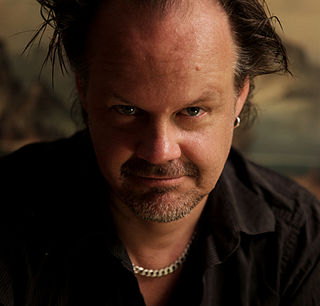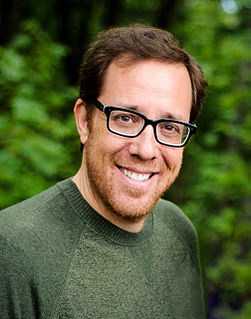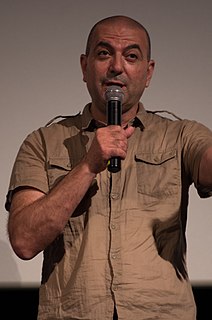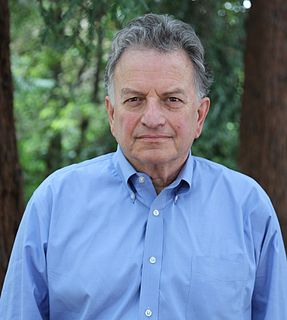A Quote by Morten Tyldum
Filmmaking is about moments. In real life, things might take six months, a year, but [in filmmaking] you have to create the moment where it happened.
Related Quotes
I love filmmaking when fate is a part of the process and you are dependent on the laws of physics and the elements to get a single moment that transports or in some way creates an illusion even for a moment. I think that is tremendous fun and what I think filmmaking is, catching lightning in a bottle.
A big part of filmmaking, and a big part of the power of filmmaking, is creating characters that people fall in love with. So, those things, like the bloopers, create more reality and dimension, and the sense that these are not drawings or shadows, but they are living, breathing, thinking characters. That's the illusion.
Narrative, fiction filmmaking is the culmination of several art forms: theater, art history, architecture. Whereas doc filmmaking is more pure cinema, like cinema verité is film in its purest form. You're taking random images and creating meaning out of random images, telling a story, getting meaning, capturing something that's real, that's really happening, and render this celluloid sculpture of this real thing. That's what really separates the power of doc filmmaking from fiction.






































